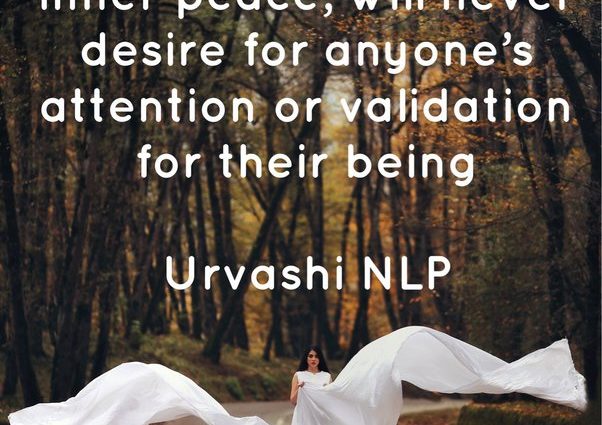Contents
“I’m done, I’ll succeed”, “how well I did this job.” We are not too willing to say such words to ourselves, because in general we tend to scold ourselves more than praise ourselves. And also constantly demand the best results. What prevents us from believing in ourselves and being proud of our successes?
When I asked questions as a child, I often heard from my parents: “Well, this is obvious!” or “At your age, you already need to know this,” recalls 37-year-old Veronika. — I’m still afraid to ask something once again, to seem stupid. I’m ashamed that I might not know something.»
At the same time, Veronica has two higher educations in her luggage, now she is getting a third, she reads a lot and is learning something all the time. What’s stopping Veronica from proving to herself that she’s worth something? The answer is low self-esteem. How do we get it and why do we carry it through life, psychologists say.
How is low self-esteem formed?
Self-esteem is our attitude to how we see ourselves: who we are, what we can and can do. “Self-esteem develops in childhood when, with the help of adults, we learn to understand ourselves, to realize who we are,” explains Anna Reznikova, a psychologist specializing in solution-oriented short-term therapy. “This is how an image of oneself is formed in the mind.”
But since parents usually love their children, why do we often not appreciate ourselves? “In childhood, adults become our guides in the world, and for the first time we get the idea of right and wrong from them, and through the assessment: if you did it this way, it’s good, if you did it differently, it’s bad! the psychologist continues. “The evaluation factor itself plays a cruel joke.”
This is the main enemy of our acceptance of ourselves, our actions, appearance … We do not lack positive assessments, but acceptance of ourselves and our actions: it would be easier to make decisions with it, it would be easier to try something, experiment. When we feel that we are accepted, we are not afraid that something will not work out.
We are growing, but self-esteem is not
So we grow up, become adults and … continue to look at ourselves through the eyes of others. “This is how the mechanism of introjection works: what we learn about ourselves from relatives or significant adults in childhood seems to be true, and we do not question this truth,” explains Olga Volodkina, a gestalt therapist. — This is how limiting beliefs arise, which is also called the “inner critic”.
We grow up and unconsciously still correlate our actions with how adults would react to it. They are no longer around, but a voice seems to turn on in my head, which constantly reminds me of this.
“Everyone says I’m photogenic, but it seems to me that my friends just don’t want to upset me,” says 42-year-old Nina. — Grandmother constantly grumbled that I was spoiling the frame, then I would smile in the wrong way, then I would stand in the wrong place. I look at my photos, both in childhood and now, and indeed, not a face, but some kind of grimace, I look unnatural, like a stuffed animal! Grandma’s voice still prevents the attractive Nina from enjoying posing in front of the photographer.
“I was always compared to my cousin,” says Vitaly, 43. “Look How long Vadik reads,” my mother said, “all my childhood I just tried to prove that I was no worse than him, I also know how to do a lot of things. But my achievements were not taken into account. Parents always wanted something more.”
The inner critic feeds on just such memories. It grows with us. It originates in childhood, when adults shame us, humiliate us, compare, blame, criticize. Then he strengthens his position in adolescence. According to the VTsIOM study, every tenth girl aged 14-17 complains about the lack of praise and approval from adults.
Fix the mistakes of the past
If the reason for our dissatisfaction with ourselves is the way our elders treated us in childhood, maybe we can fix it now? Would it help if we, now adults, show our parents what we have achieved and demand recognition?
34-year-old Igor did not succeed: “During the classes with a psychotherapist, I remembered that my father used to call me stupid all the time as a child,” he says, “I was even afraid to approach him if I needed help with homework. I thought it would be easier if I told him everything. But it turned out the other way around: I heard from him that so far I have remained a blockhead. And it turned out to be worse than I expected.”
It is useless to complain to those who, in our opinion, are to blame for our insecurity. “We cannot change them,” emphasizes Olga Volodkina. “But we have the power to change our attitude towards limiting beliefs. We have grown up and, if we wish, we can learn to stop devaluing ourselves, increase the importance of our desires and needs, become our own support, that adult whose opinion is important to us.”
Being critical of yourself, devaluing yourself is one pole. The opposite is to praise yourself without looking at the facts. Our task is not to go from one extreme to another, but to maintain balance and maintain contact with reality.










